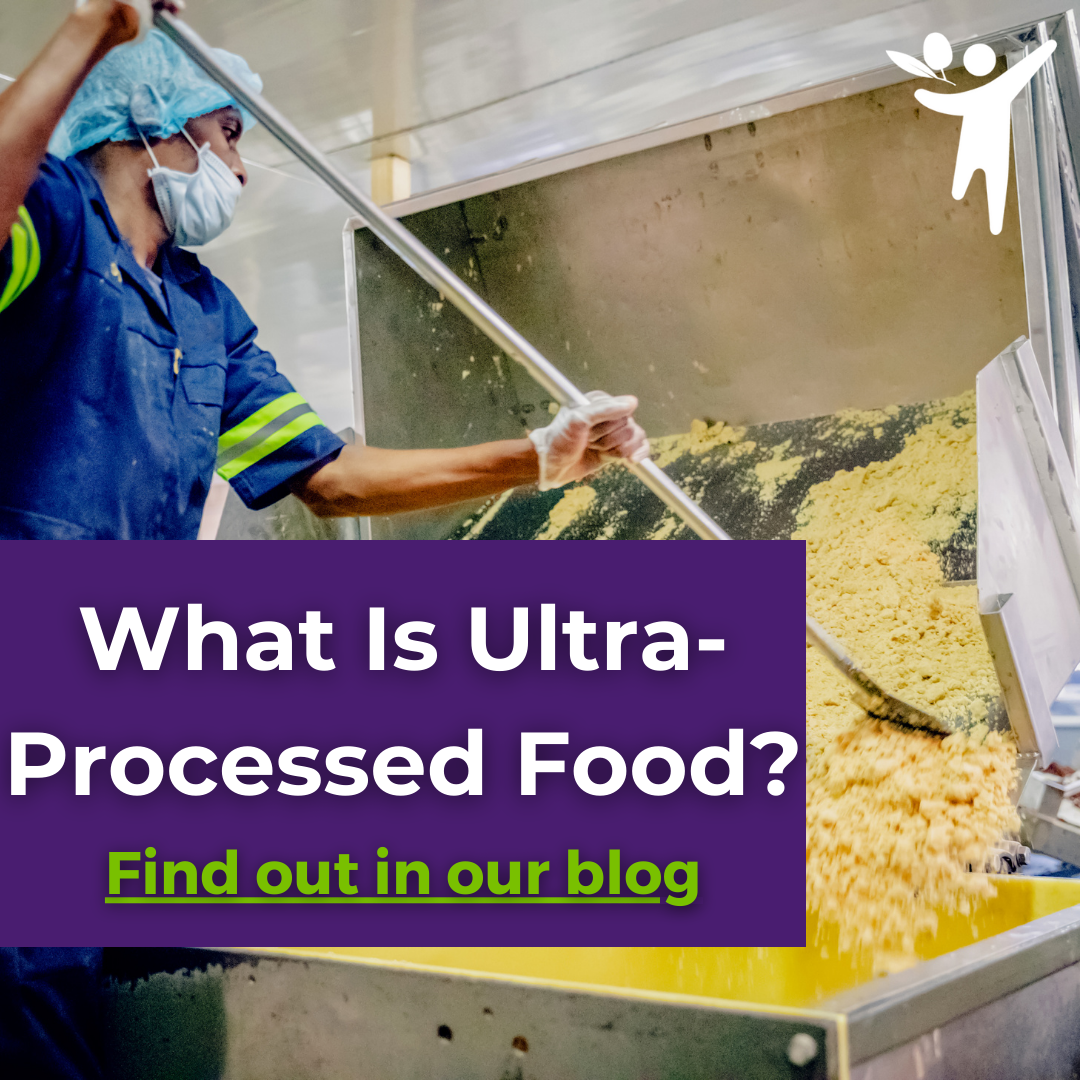‘Processed Food’ has a bad rap, but cheese and fresh can both be considered processed, so don’t always assume the worst. The UN Decade of Nutrition food classification divides the foods we buy into four groups, from unprocessed to ultra-processed – but it may not always be clear which is which when you’re in the shops.
Group one: Unprocessed and minimally processed
Unprocessed and minimally processed foods make up 30 per cent of the calories eaten in a typical UK diet.
Unprocessed foods include fruit, vegetables, nuts, seeds, grains, beans, pulses and natural animal products such as eggs, fish and milk.

Group two: Processed culinary ingredients
Processed culinary ingredients, include oils, fats such as butter, vinegars, sugars and salt. These foods are not meant to be eaten alone, but usually with foods in group one. Around 4 per cent of the calories we eat in the UK comes from this category.
Group three: Processed
Processed foods are products that are usually made using a mix of group one and two ingredients. They include smoked and cured meats, cheeses, fresh bread, bacon, salted or sugared nuts, tinned fruit in syrup, beer and wine. The main purpose of the processing is to prolong the food’s life or enhance its taste and almost 9 per cent of calories eaten in the UK are from this group.
Group four: Ultra-processed
Ultra-processed foods usually contain ingredients that you wouldn’t add when cooking homemade food. You may not recognise the names of these ingredients as many will be chemicals, colourings, sweeteners and preservatives. The most commonly eaten ultra-processed foods in the UK are:
- Industrialised bread (11 per cent)
- Pre-packaged meals (7.7 per cent)
- Breakfast cereals (4.4 per cent)
- Sausages and other reconstituted meat products (3.8 per cent)
More surprising to some will be what is included in the 3 per cent of calories that the average person eats from “other ultra-processed foods”. This includes baked beans, tinned soups, meat alternatives, soy and drinks used as dairy milk substitutes.
If you want to learn more about processed foods and how a diet full of ultra-processed foods spells DANGER, please read our latest blog.
ProLongevity can guide you toward a healthier lifestyle, including personalised consultations and expert advice. Learn how ProLongevity can guide you toward healthier choices, so mitigating risks associated with ultra-processed foods with our free e-book and a free 15-minute consultation with our founder, to discuss your health.





